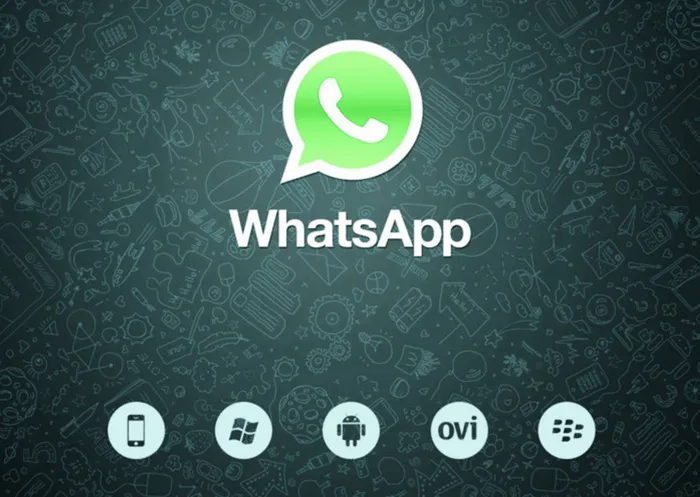WhatsApp with regulation?

File photo File photo
What’s up with WhatsApp? Or, to be more precise: What’s up with plans of the government, announced in the past week, to consider regulating internet-based services like WhatsApp, WeChat and Skype.
These so-called over-the-top services are proving wildly popular among cash-strapped South African consumers. And it’s not hard to see why.
Compared with the bare bones, ridiculously overpriced text-messaging options offered by the cellular networks, messaging apps are cheap and packed with useful, fun features.
As for cheap-as-chips calls to anywhere in the world, what’s not to like?
Quite a bit – if you’re Vodacom or MTN. The bosses of both networks have made no secret of their displeasure at the competition.
“A lot of your data growth is driven by the same people who are trying to cannibalise you,” Shameel Joosub, Vodacom Group’s chief executive said in a media report last November.
In the same report, MTN South Africa chief executive Mteto Nyati was quoted thus: “You have these players which are getting huge benefit out of an industry without making any investment.”
Oh, the poor networks! Anyone would think from their complaints that they were giving away their data, not charging an arm and a leg for it.
Vodacom’s whinge comes across as particularly petulant given that the company had just reported nothing less than a whopping 33.5 percent growth in data.
Of course, if Vodacom and MTN genuinely believe WhatsApp, Skype and others are freeloaders, there’s a simple solution.
They have the technology to identify when their data networks are being used for calls. All they have to do is charge more for this type of data. So why haven’t they done this long ago if it’s hurting them so much?
In a word, “competition”. They know their customers will ditch them in droves for competitors who don’t hike their rates – something Cell C, for one, has promised it won’t do.
So what’s their answer to this conundrum? Here’s Vodacom’s Joosub from that same report: “It needs to be carefully considered from a regulatory perspective – there should be some rules and regulations around it.”
Translation: “Let’s get government to slap regulations on the freeloaders. That way, the bureaucrats can be the bad guys, not us. And the best thing? Pesky upstarts like Cell C will be forced to play by the new rules too!”
The first step towards that goal is already in the pipeline, with Parliament’s portfolio committee on telecommunications and postal services set to hold a public meeting on OTT services.
It takes place on Tuesday, with no venue announced at the time of going to press.
This development prompted Cell C’s chief executive, Jose dos Santos, to accuse Vodacom and MTN of “declaring war” on South African consumers.
Never one to pull his punches, Dos Santos went on to describe the pair as an “infamous duopoly” dead set on “maintaining their stranglehold on a vital artery feeding our country’s economic and social future”.
“Good companies adapt and change to create new opportunities for themselves and their customers. Bad companies manipulate the system to only get what they want – the customer doesn’t matter,” he said.
Popular outrage is building too. An online petition started by popular local website All4Women.com titled #savewhatsapp aims to encourage users of the service to urge the government not to back regulations that would increase communication costs for already-stretched consumers.
At the time of going to press, the petition had attracted nearly 15 000 digital signatures towards its target of 50 000.
Tech and media analyst Arthur Goldstuck believes the government will stop short of imposing onerous regulations on OTT service providers.
“They know these services are extremely popular among voters. They’re also mindful of the tremendous benefits that come with cheap communications,” said Goldstuck, who heads research firm World Wide Worx.
He said any regulations that were imposed were likely be a “mere sop” to the big cellular networks, and would include ensuring the OTT service providers paid the applicable taxes on any SA-generated revenues.
If that turns out to be the case, it’ll be great news for consumers. WhatsApp users, for example, won’t notice any change because the service doesn’t have any revenues.
It recently dropped its nominal annual subscription fee and is now completely free – apart from the data component.
I’m not sure I’m as optimistic as Goldstuck about the likely outcome of state intervention, though.
So I’ve signed the petition. And when my contract is up for renewal, I’ll be switching to a cellular network that opposes OTT service regulation.
To sign the petition, visit change.org and type #savewhatsapp into the search box.
l Follow Alan Cooper on Twitter @alanqcooper